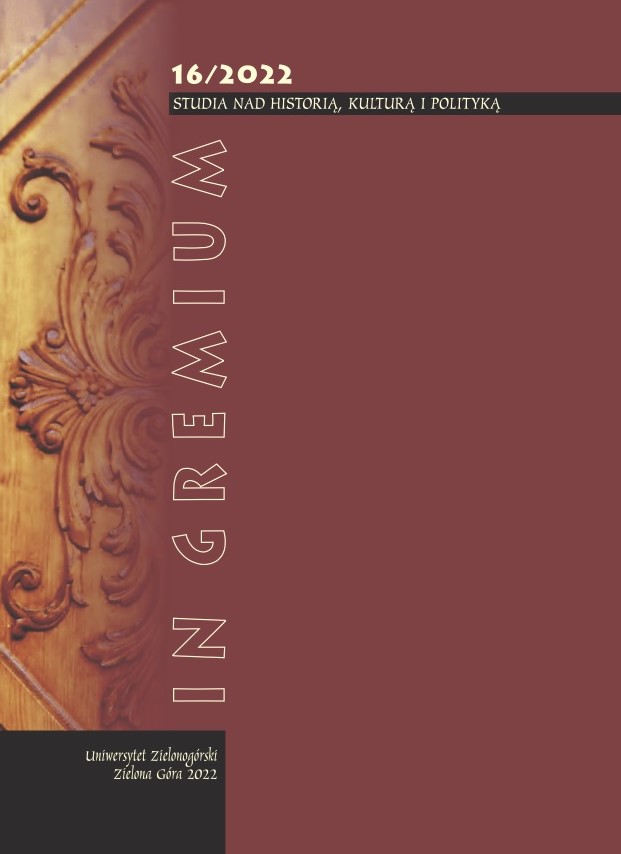Abstrakt
W 2020 roku pandemia koronawirusa zdominowała światowe życie, przynosząc strach i śmierć. Oprócz kryzysu zdrowotnego, pojawiło się znaczące zamieszanie gospodarcze i społeczne na skutek ograniczeń wprowadzonych na skalę światową w celu zapobiegania rozprzestrzeniania się wirusa. Jednym ze sposobów radzenia sobie z tą stresującą sytuacją jest humor dający ulgę i oferujący okazję przyjrzenia się rzeczywistości z dystansu. Z tego powodu powstało wiele internetowych memów ilustrujących pandemiczną rzeczywistość w humorystyczny sposób. W teorii humoru językowego znanej polskiej badaczki Danuty Buttler typowymi środkami do stworzenia efektu humorystycznego są: zestawienie pewnych elementów, neologizmy, rymy, jak również modyfikacje słów i wyrażeń. Celem niniejszego badania jest analiza polskich memów internetowych związanych z koronawirusem w celu sprawdzenia, jakie środki są wykorzystane, aby uczynić badane memy śmiesznymi.
Bibliografia
Buttler, D., Polski dowcip językowy, Warszawa 2001.
Dawkins, R., Samolubny gen, Warszawa 2012.
Grabowski, D., Sigmunda Freuda teoria dowcipu, humoru i komiki, Kraków 2019.
Huizinga, J., Homo ludens, Warszawa 1998.
Hurley, M.M., Dennett, D. C., Adams Jr., R. B., Filozofia dowcipu. Humor jako siła napędowa umysłu, Kraków 2017.
Niekrewicz, A. A., Od schematyzmu do kreacyjności: język memów internetowych, Gorzów Wielkopolski 2015.
Ożóg, K., Kilka uwag o intertekstualności w dobie ponowoczesnej, [w:] Intertekstualność we współczesnej komunikacji językowej, red. J. Mazur, A. Małyska, K. Sobstyl, Lublin 2010, s. 60-69.
Podracki J., Skarżyńska M., Intertekstualność w reportażu telewizyjnym (TVP2), [w:] Intertekstualność we współczesnej komunikacji językowej, red. J. Mazur, A. Małyska, K. Sobstyl, Lublin 2010, s. 70-82.
Szeflińska-Baran, M., L’humour dans la communication- la communication de l’humour, Łódź 2012.
Wierzbicka, A., Cross-Cultural Pragmatics. The Semantics of Human Interaction (2. Ed.), Berlin – New York 2003.
Zaremba, M., Memy internetowe (2010-2011), „Media i społeczeństwo” 2012, nr 2, s. 60-73.
Żygulski, K., Wspólnota śmiechu. Studium socjologiczne komizmu, Warszawa 1985.

